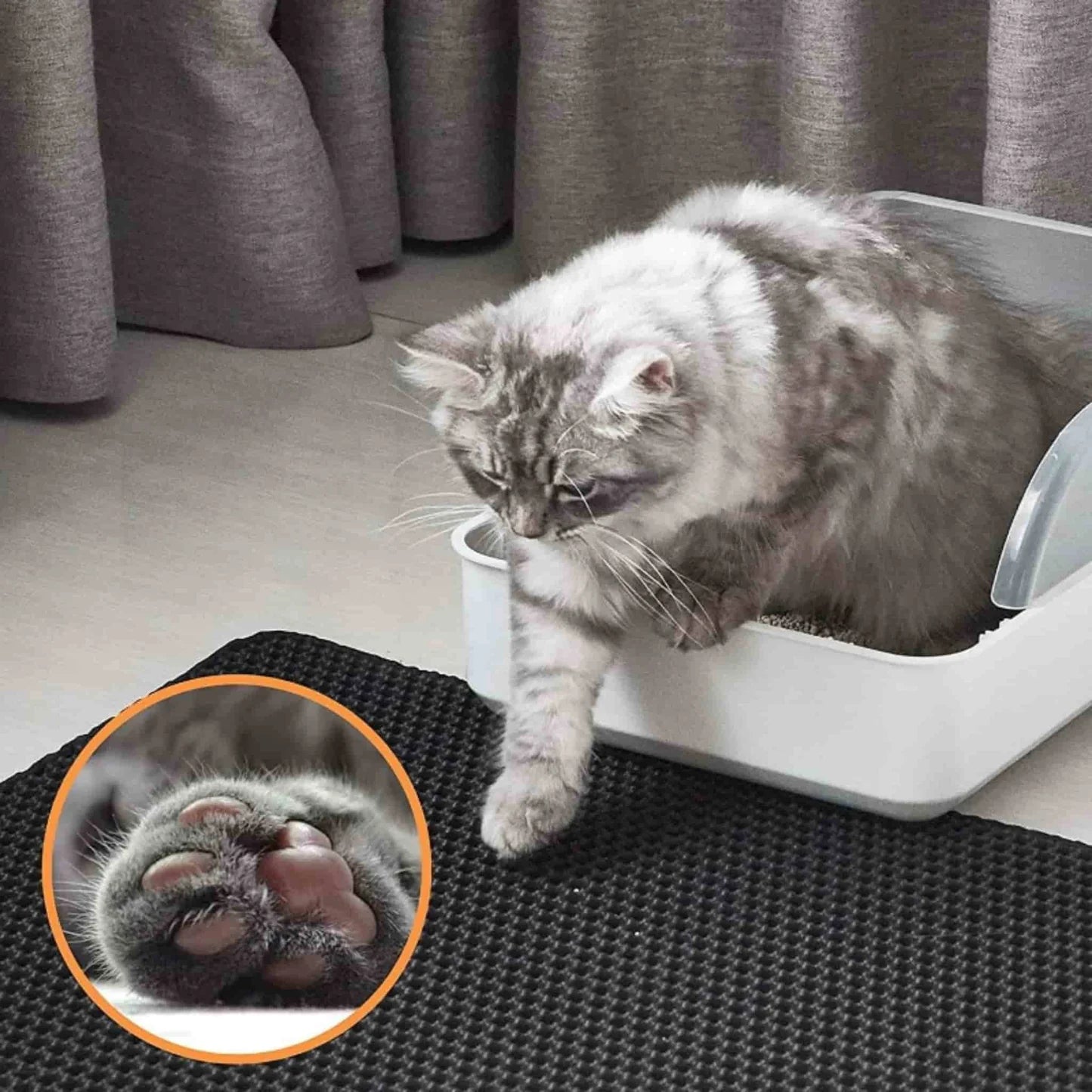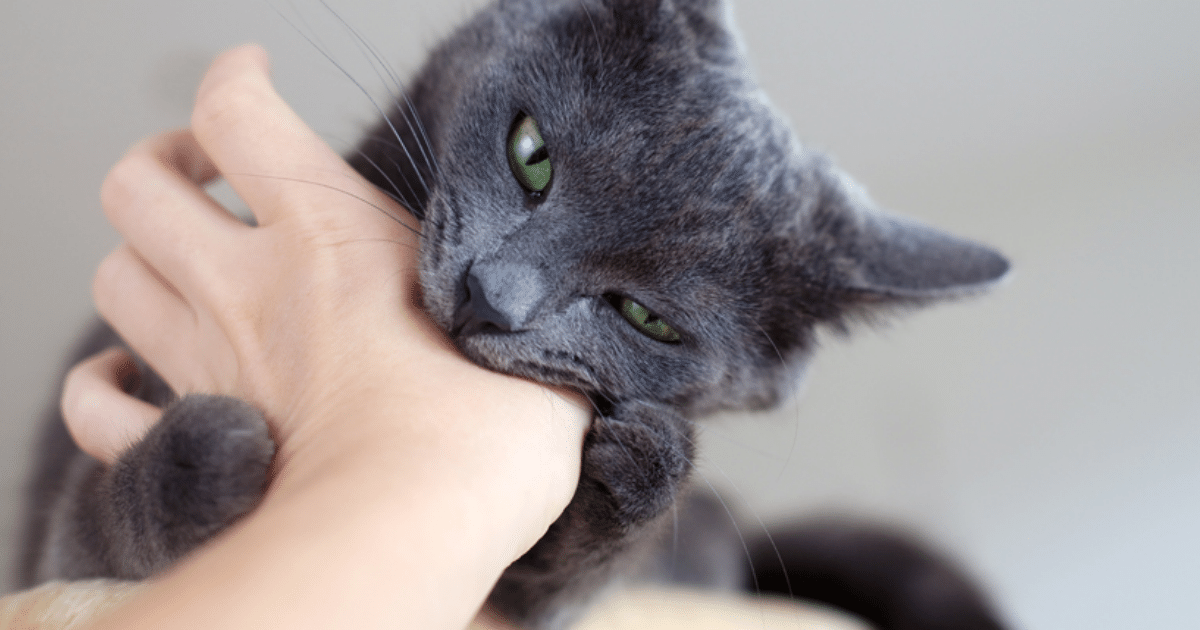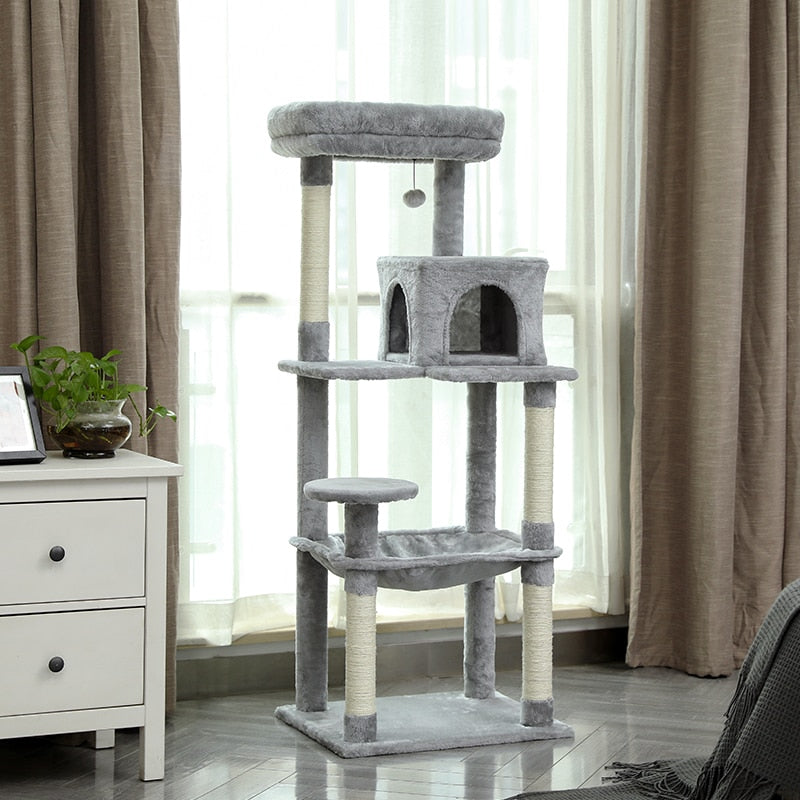Sterilization or Castration of the cat: What to choose?

Surely you must have heard of either the castration of cats or their sterilization. And if you are a cat owner then you must also surely ask yourself what it is and how it would be useful to you.
Although both are surgeries aimed at stopping the reproductive process of cats, they have many differences. Here's what you need to know about neutering and neutering cats when you might be wondering about spaying or neutering your cat.
What is the difference between castration and sterilization?
From the outset, you should know that castration and sterilization are aimed at preventing cats from reproducing, it is performed by a veterinarian. But beyond that, each of these surgical procedures has its peculiarities. And contrary to popular belief, cat castration is not only intended for males and cat sterilization for females.
Cat
castration Castration involves removing the testicles of the male cat. In females, we also speak of ovariectomy, that is to say the removal of the ovaries. In both cases, it is a question of suppressing the sexual glands which are, moreover, responsible for the production of hormones. Therefore, castration also has a direct impact on your cat's behavior.
Cat
sterilization Sterilization involves cutting the vas deferens in cats and the fallopian tubes in cats. By severing these parts of the anatomy of cats, fertilization is no longer possible. But that does not mean that sexual desire also goes away, because the hormone-producing organs remain present.
Should you prefer castration or sterilization for your male or female cat?
Unlike sterilization which simply prevents fertilization, spaying is much more interesting for many as it will impact your cat's behavior.
Imagine that neutered cats are considered calmer and more affectionate! In addition, urine marking decreases sharply.
If you have an outdoor cat and you choose to spay it, be aware that the risk of running away will also decrease, as it will be less likely to run around in search ofa cat in heat. In turn, this also saves him fights with other cats in the neighborhood wishing to defend their territory.
The fact that castration has an impact on your cat's behavior is interesting, but watch out for the weight gain in the months after the operation. Food consumption increases by 20% in neutered cats while calorie intake is reduced by 30%. It is therefore very important to monitor your cat's diet and the progress of his food consumption.
When to operate on a cat for spaying?
You can opt for an early castration, that is to say, between the8th and the14th week. In addition, as cats reach sexual maturity around a year of life, it is best to practice castration before that, which is between 6 and 8 months.
Basically, the ideal is to perform this intervention as soon as possible.
Why is it important to neuter or sterilize your cat?
Keep in mind that spaying or neutering your cat is not a barbaric act, but rather a means of preserving his physical and psychological health. Indeed, this prevents him from many diseases that can lead to cancer. In addition, a neutered male cat is calmer and less runaway than a whole cat, and therefore is less exposed to the risk of accidents outside.
Finally, spaying or neutering your cat allows you toavoid the accidental proliferation of wild cats which are a problem for biodiversity. Indeed, your unsterilized or non-neutered outdoor cat has a huge chance of getting a litter with a stray cat. In one year, a cat can achieve at least two litters for about 15 pups in total.
If one conjectures, it is not sure that all the little ones who will be born will have the chance to have foster families where they will live warmly. In most cases, these young cats are sent back to shelters which unfortunately are already becoming overcrowded. And to reduce the number of people, those in charge of shelters can euthanize certain cats ...





















